Ethiopia
Ethiopia’s ruling coalition has elected a new leader in the person of Dr. Abiy Ahmed. He will eventually become Prime Minister of the country.
State-affiliated FANA Broadcasting Corporate (FBC) reported late Tuesday that the Ethiopian Peoples Revolutionary Democratic Front (EPRDF) had elected Abiy as its chairperson.
His rise to become Prime Minister – head of government – is premised on approval by the Front’s Council and subsequent approval by the parliament. Political watchers hold that that process is a mere formality.
#Ethiopia: BreakingNews: Dr Abiy Ahmed elected Chairperson of EPRDF
— FANA BROADCASTING C (@fanatelevision) March 27, 2018
Reports indicate that current deputy Prime Minister, Demeke Mekonnen will maintain his post. Abiy is leader of the Oromo bloc of the EPRDF – the Oromo Peoples Democratic Organization (OPDO). He is also the first Premier from the Oromia region – Ethiopia’s largest and most populous regional state.
The Addis Standard news portal reports that he garnered 108 votes out of a possible 180 to emerge the winner. Abiy takes over from Hailemariam Desalegn who resigned his post in mid-February, according to him to allow for political reforms promised by the EPRDF in early January 2018.
New Update – Demeke Mekonnen of the ANDM did not participate in the election as the council decided that he will pass as the automatic deputy, leaving three contenders: Dr Abiy of the OPDO, Shiferaw Shigute of the SEPDM and Dr. Debretsion G/Michael of the TPLF.
— Addis Standard (@addisstandard) March 27, 2018
Accordingly, Shiferaw Shigute of SEPDM secured 59 votes of the 180, making him the second runner up had the council not decided to continue with Demeke Mekonnen as deputy. Dr. Debretsion got just two votes out of the 180. #Ethiopia
— Addis Standard (@addisstandard) March 27, 2018
He assumes leadership of the East African security and economic giant in a time of heated political crisis emanating from his state, Oromia. Anti-government protests in Oromia and northern Amhara region have riled the country since 2015 till early this year.
It has since led to two state of emergencies over a two-year period. The first was between October 2016 to August 2017 with the latest round declared in February barely 24-hours after the resignation of his predecessor.



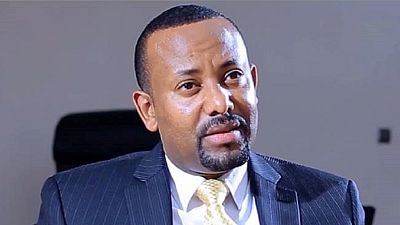

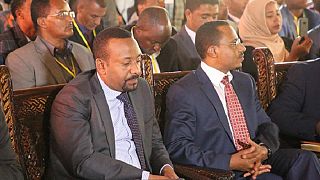
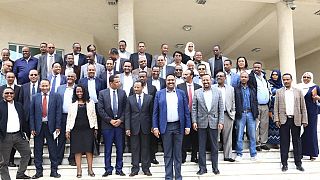
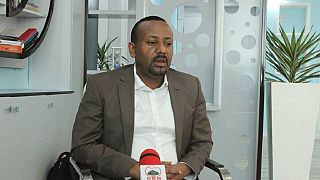

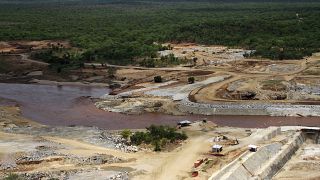
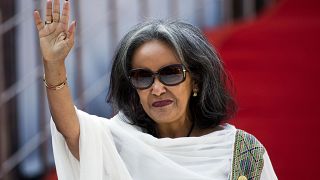
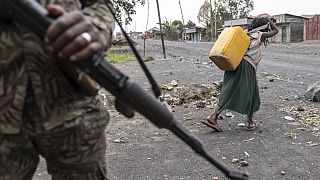
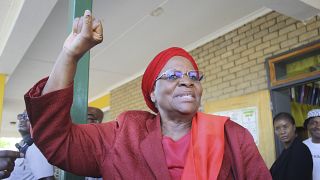
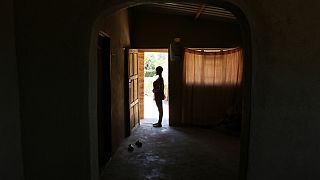
01:04
Namibia Election: Will SWAPO’s Nandi-Ndaitwah Make History?
01:01
Namibia opposition candidate furious after voting is prolonged for days
01:05
Ivory Coast: Laurent Gbagbo's ex-wife to run for president
02:10
Ruling party candidate Nandi-Ndaitwah favorite as Namibia votes
00:55
Namibia poised to elect first female president
01:03
Mali’s junta appoints military general as new prime minister